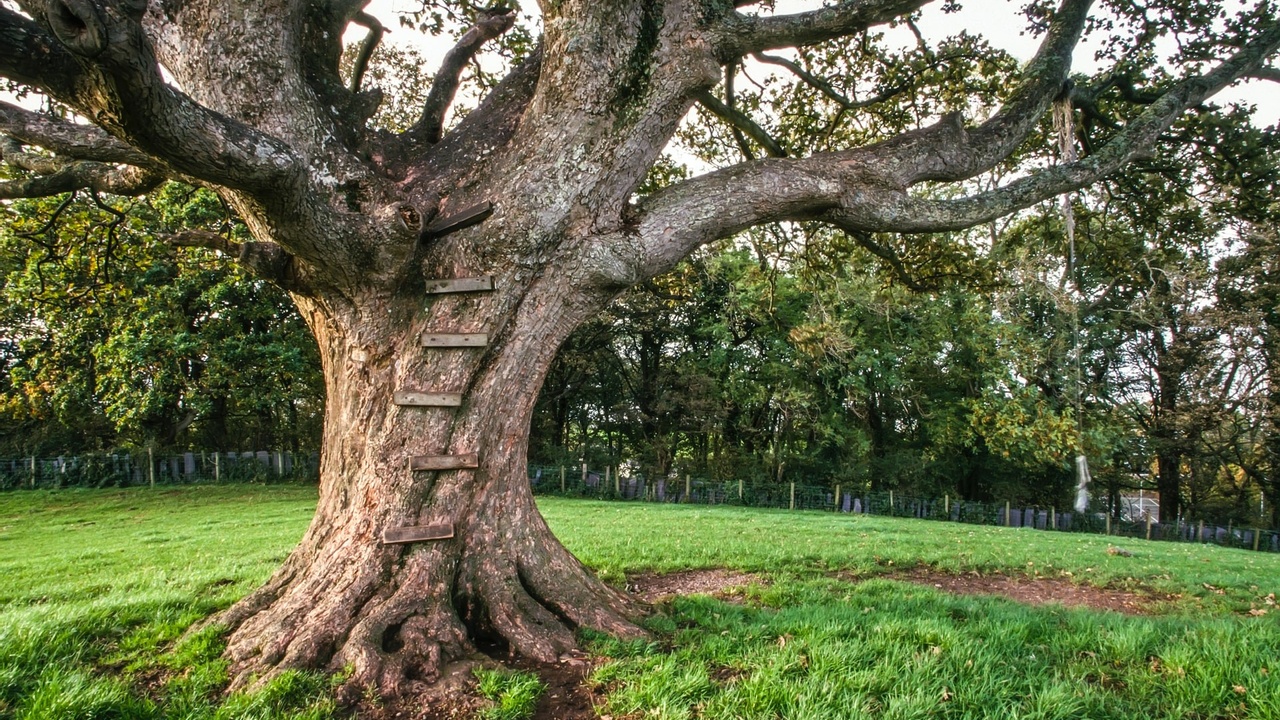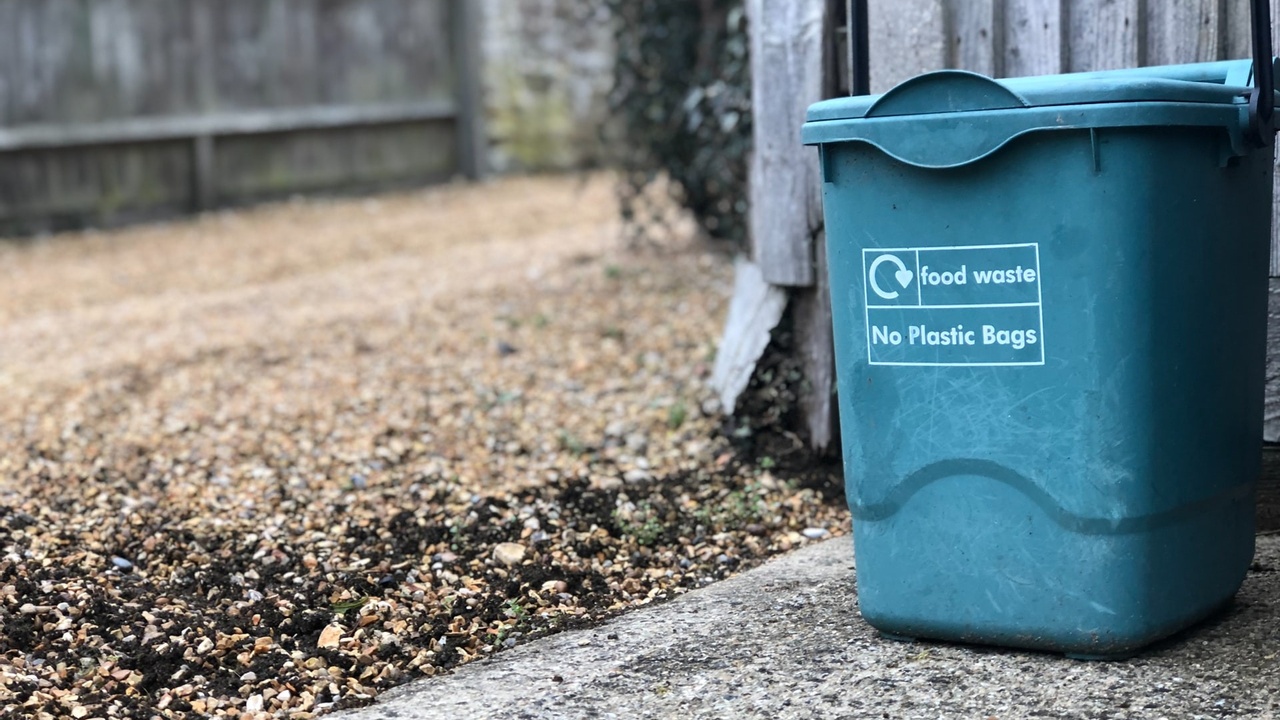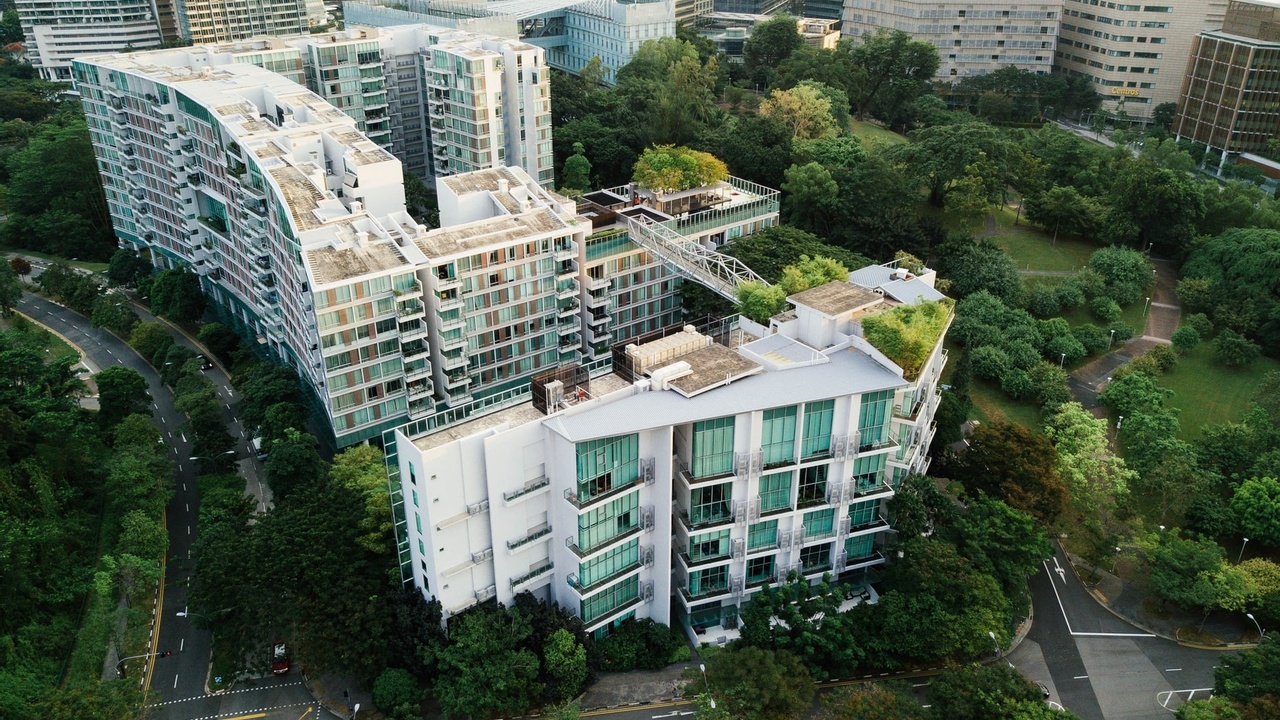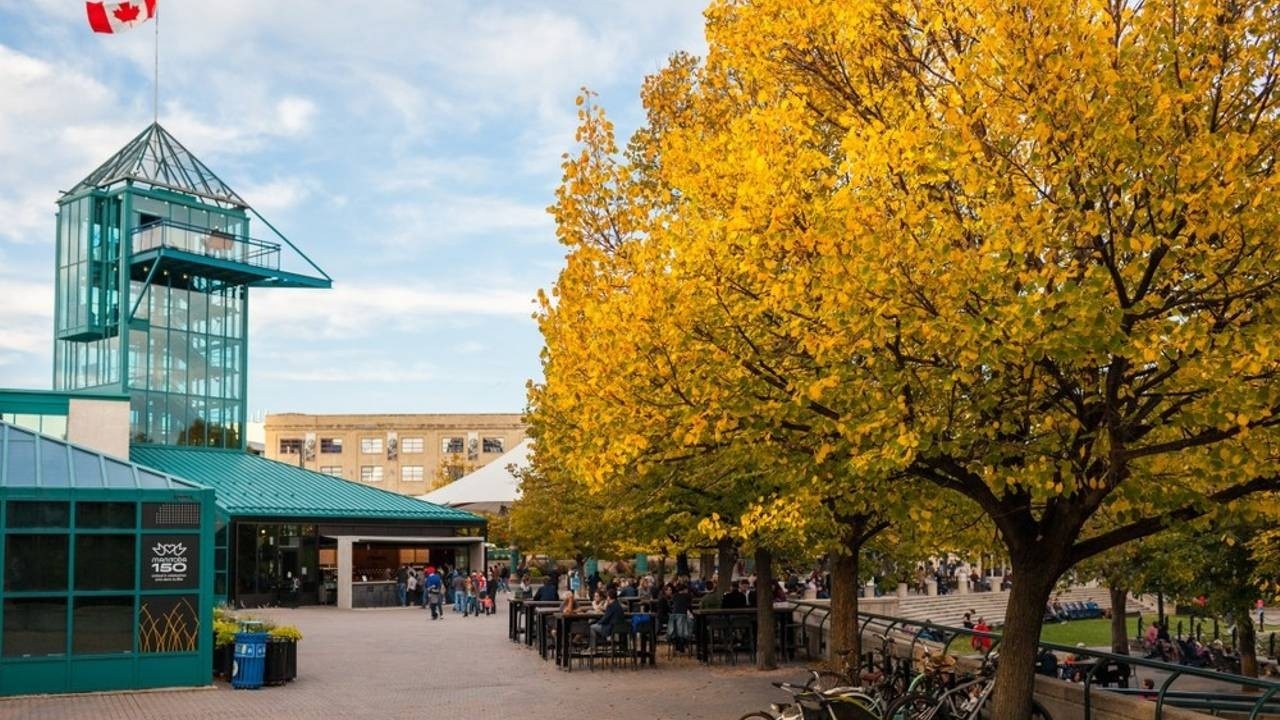Sustainable wellbeing and green living
Let's find ways to Flourish!
Why Biological Diversity Matters

Sure, we all love to see those cute videos of wild bear cubs playing or learning about the intriguing and complex communication of whales. But do you perhaps also have a hard time pinning down exactly WHY having a broad range of diverse species is so important?
You are probably not alone in this at all. We care for these species, and get a sense that they should be protected, but let’s delve into exactly how important this issue actually is - to us, and to the way that our planet’s ecosystems function.

First off, let’s just get the definition of biodiversity or biological diversity down. The universally accepted definition of biodiversity (biological diversity) can be found in the 1992 United Nations’ Convention on Biological Diversity. In this definition, biodiversity is stated as
“the variability among living organisms from all sources, among other things, terrestrial, marine, and other aquatic ecosystems and ecological complexes of which they are part, this includes diversity w...
Why we need to celebrate our trees

Spring is one of those seasons where we become a bit more aware of the plants and trees around us. And, of course springtime marks the beginning of the growing season for deciduous trees. If you live in a middle-latitude region like I do, you’ll know how good of a feeling it is when trees begin to “wake up” and leaves begin to bud.
It is useful to take a moment to remember the benefits provided by trees. As with all plants that photosynthesize, they provide the one and only route that this planet has to capture the sun’s energy and turn it into chemical energy and biomass. Yeah, kinda important right!
But we may more often consider the benefit of trees as being able to remove Carbon Dioxide from the atmosphere and store it, or to stabilize soils from erosion. Or perhaps to provide habitat for countless other species, everything from mosses, to mushrooms, to birds, insects and orangutans!
In the urban environment we also reap plenty of benefits from trees as they shade our walking pa...
Turning waste into resources with community composting

You may be familiar with backyard composting, but what about options for institutions, schools, businesses and people who would like another alternative to backyard and vermicomposting? Community composting can be a great solution to these dilemmas and a way to extend the lifespan of your local landfill and reduce greenhouse gas emissions at the same time.
But first, let’s talk about why composting is a perennial favourite for taking personal action against climate change!
Why does everyone talk about the need to compost?
When food is thrown out in the garbage, and sent to the landfill, that organic waste is compacted in a sanitary landfill. This is done to save space in the landfill and to prevent animals from scavenging food there. However, this means that the food will break down without much oxygen - in other words, it will be anaerobically broken down.

When this happens, the decomposition of the food does not take the usual route of turning into carbon dioxide and other nutr...
The value of green infrastructure

Cities can be great places to live, especially if you are looking to reduce your environmental impact, as higher-density cities use less land per person, encourage methods of active transportation such as walking or biking, and offer pro-environmental businesses and services like carshare and cupshare.
Despite these benefits, cities are often missing a crucial element: nature! One of the biggest differences between rural life and city living is that nature is less accessible and less visible in urban areas. However, this doesn’t have to be the case!
As we have become more aware about the important role that nature plays in the human experience, it has become more common to include green infrastructure in our cities!
Green infrastructure can be defined as the natural vegetative systems such as green spaces and trees in towns and cities that provide us with environmental, societal, and economic benefits.

Different types of green infrastructure and their benefits
Green spaces in ci...
Recycling goes beyond beverage containers - Mattress Recycling!

When it comes time to get a new mattress you are faced with not only the dilemma of choosing your new mattress, but also the question of how to dispose of your current one. In Canada, approximately 6 million mattresses are landfilled each year, and that is a LOT of waste!
The issue with landfilling mattresses
Mattresses are large items that take up a lot of space in landfills. While other garbage is compacted, the way mattresses are formed makes them extremely difficult to compress and may even damage the equipment.
They also take decades to decompose within a landfill. And to make things worse, when mattresses finally do begin to decompose, they release toxic chemicals into the environment, effectively causing land and water pollution. With the number of mattresses being replaced throughout one’s lifetime, we are able to see how the accumulation of mattresses in landfills is a serious issue that needs to be addressed.


What to do instead?
Well, reuse of a serviceable and clean...
Akashinga - Nature Protected by Women

African wildlife is at risk and in need of protection. Over the span of seven years, elephant populations in Africa have decreased by 30% across the continent, mainly due to poaching. Similarly, rhinos are targeted for their valuable horns. Who is protecting African wildlife and how?
Akashinga is Africa’s first armed, all-women anti-poaching unit which is changing the way the issue of poaching is addressed throughout the continent. Instead of combatting poachers with violence, Akashinga uses a community buy-in approach that focuses on educating communities about the economic benefits of preserving Africa’s wildlife.
 Akashinga operates in Zimbabwe and relies on strong and powerful women to protect the environment and as a result, empower themselves and their communities.
Akashinga operates in Zimbabwe and relies on strong and powerful women to protect the environment and as a result, empower themselves and their communities.
How it all began
Akashinga was founded in 2017 by the International Anti-Poaching Foundation (IAPF). This foundation was created in 2009 by Damien Mander, an Iraq war veteran who served as a Naval clearance diver an...
Are there alternatives to disposable everyday items? Last Object

If you were to make an inventory of all the single use items you use on a regular basis, how many items would be on your list? (for a refresher on the impact of single use items, check out this blog post!)
If you were to categorize these single use items, would you find that many of them are personal hygiene/care products? If you answered yes, you’re not alone! These types of single use products can be some of the hardest ones to ditch.

If you are just starting out on your zero/low waste journey you might not even be aware that products like reusable cotton swabs exist. Who would have thought?! On the other hand, you might be finding it difficult to find a reusable personal care product that works for you and your needs. After all, what works best for your favourite low waste blogger may not be as great for you.
Whatever the case, investing in good-quality, sustainably produced, and long-lasting personal care products will help you with your journey towards greener living!
About ...
Saving our farmland and wilderness through Brownfield Redevelopment

Cities are constantly changing. New buildings get built, old ones get torn down, and land usage changes over time. You may, however, notice certain plots of land that are underutilized and quite frankly – a bit of an eye sore!
If you aren’t familiar with the term already, a brownfield is a commercial or industrial property that is vacant or underused due to past actions and uses that have caused environmental contamination.
Although there are often concerns about soil and groundwater safety due to the threat of contaminants such as hazardous substances, pollutants, petroleum, or other substances, brownfield sites have the potential for redevelopment or other economic opportunities.
Benefits of redeveloping brownfields
Why should we care about redeveloping and revitalizing brownfields in our cities?
For one, brownfields are often located in prime areas of our towns and cities. Not only does this mean that they are unappealing to look at, therefore degrading the overall appearance o...
What are Greenbelts and how can they benefit us?

Urbanization has been around for thousands of years. While the earliest cities developed in Mesopotamia, Egypt, the Indus Valley, Northern China, and Mesoamerica, we now see that approximately 85 percent of the world’s population lives in urban areas.
Naturally, as cities grow in size, they take up more space. As we have seen with the rise of suburbia in the 1950s, if left unchecked urban areas can end up sprawling endlessly!
Who wants to live in a city made up of endless concrete, buildings, and houses? Not many! That is one of the reasons why it’s important to have adequate green spaces within and surrounding cities. Contact with nature has shown to have a positive impact on human physical and mental health.
It is also important to ensure the survival and health of our wildlife by preserving their natural habitats and preventing cities from sprawling outwards and using land inefficiently.
One of the ways this can be achieved is through the use of greenbelts!
What is a greenbelt?...
Can Flip Flop Sandals Go Green?

As we seek to find ways to live greener lives, it is time to look at the flip flop sandal. They are incredibly prevalent and as a result have a significant impact on the planet, especially when it comes to plastic pollution! But, there is some progress being made.
While sandals have been around for thousands of years and are thought to have originated as early as 1,500 B.C. in ancient Egypt, the popular flip flop sandal became widely recognized in the United States after World War II. American soldiers brought home the Japanese zori, a type of sandal which inspired the plastic flip flops we are familiar with today.
It is easy to understand why flip flops have become so widespread and beloved by women, men and kids. They are lightweight, inexpensive, often waterproof, and come in a variety of fun colours and designs. This makes them the perfect footwear for warm weather or a day at the beach! Most people have a pair or two in their closets.
These sandals may be a convenient and pract...

